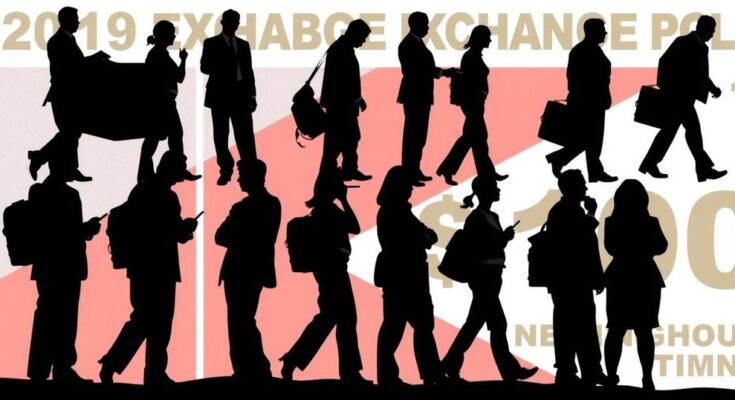Zimbabwe’s government is being urged to abandon the ‘command’ exchange rate for the Zimbabwe Gold (ZiG) currency, as businesses struggle with unsustainable pricing due to currency distortions. Economists advocate for a free-floating system, warning that current policies risk exacerbating the economic crisis. The significant gap between official and parallel market rates undermines retailer viability and consumer trust.
The Zimbabwean government is under mounting pressure to abandon its mandated exchange rate for the Zimbabwe Gold (ZiG) currency, introduced in April. Businesses are increasingly struggling to remain viable due to the enforced adherence to this official exchange rate, which has resulted in severe currency distortions. Retailers have indicated that the unsustainable situation compels them to modify pricing strategies in ZiG to mitigate losses, as this local currency is depreciating significantly against its value on the parallel market. Economist Gift Mugano has criticized the current monetary policy, urging the Reserve Bank of Zimbabwe (RBZ) to permit the ZiG to float freely. “The central bank must liberalize the exchange rate,” Mr. Mugano asserted. He further emphasized that while effective policies need to be established, the foundational elements necessary for the success of the ZiG were inadequately prepared prior to its introduction. In May, RBZ Governor John Mushayavanhu ordered a crackdown on supermarkets that violated government regulations pertaining to the exchange rate, issuing threats to revoke licenses of non-compliant businesses. Nonetheless, the distortions in the currency market have persisted, with the ZiG trading at much higher rates on the parallel market than the official interbank rate. Economists and business leaders have raised alarms about the escalating crisis. Vince Museve noted that the ZiG’s valuation has become detached from gold prices and is instead driven by market sentiment. “This market is mainly informal and not influenced by RBZ policies,” Mr. Museve pointed out. Retailers corroborated these views, noting a widening chasm between formal and informal markets. The Retailers Association of Zimbabwe disclosed that suppliers are now relying on dual pricing—one for local currency and another for foreign currency—due to shortages and extreme fluctuations of the ZiG exchange rates. “This situation is unsustainable,” the association lamented, indicating that the inflationary pressure from price increases in US dollars is pushing consumers away from formal retail outlets towards informal markets. Denford Mutashu, the president of the Confederation of Zimbabwe Retailers, advocated for constructive dialogue between governmental authorities and the business sector to address the prevailing economic challenges. Despite the government injecting over US$100 million into the market in attempts to stabilize the currency, the ZiG is exchanging at rates fluctuating between ZiG35 and ZiG40 per US dollar on the alternative market, while the official interbank rate remains at ZiG13.98. Analysts express concern that the expanding disparity between these rates may incite further rent-seeking behaviors, exacerbating the economic crisis.
The economic landscape in Zimbabwe has been strained due to the introduction of the Zimbabwe Gold (ZiG) currency, which was aimed at stabilizing the nation’s economy suffering from hyperinflation and currency devaluation. Implementing a command exchange rate has created significant distortions within the currency market, impacting businesses and consumers alike. The RBI’s regulatory measures and efforts to enforce this exchange rate have led to increased volatility and criticism from economists who argue for a free-floating currency system to better reflect market conditions.
In summary, the Zimbabwean government faces escalating pressure to reconsider its command exchange rate policy for the Zimbabwe Gold currency amid dire warnings from retailers and economists. The discrepancies between official and parallel market rates pose unsustainable challenges for businesses, highlighting the urgent need for dialogue and reform in the country’s currency management strategy.
Original Source: bulawayo24.com




